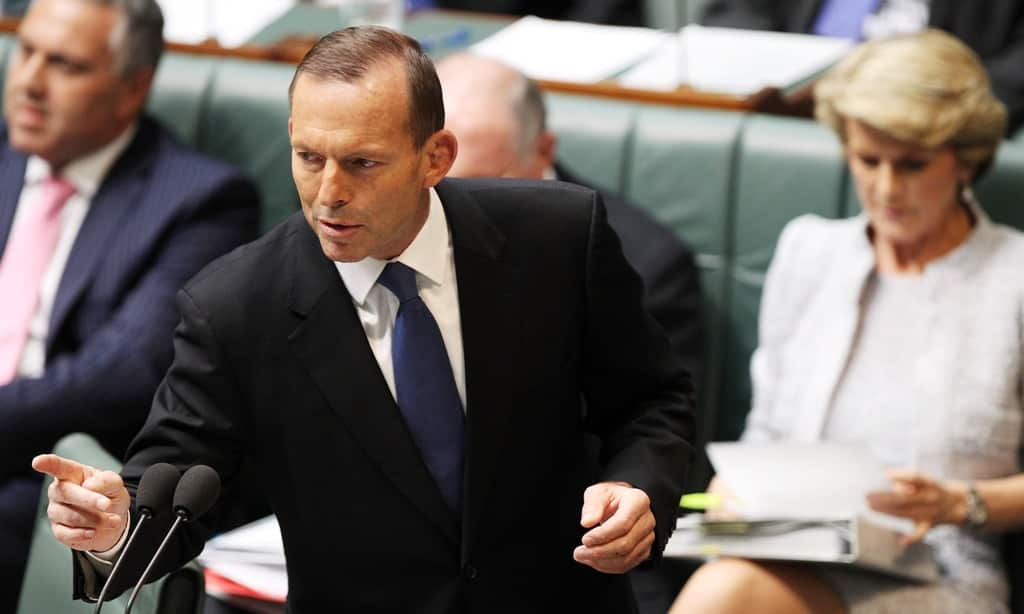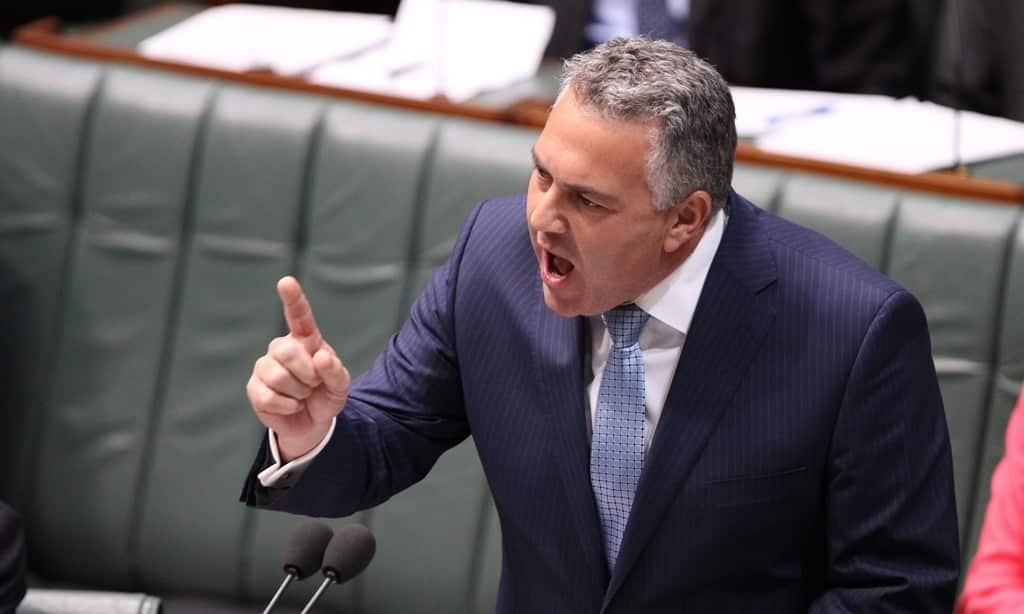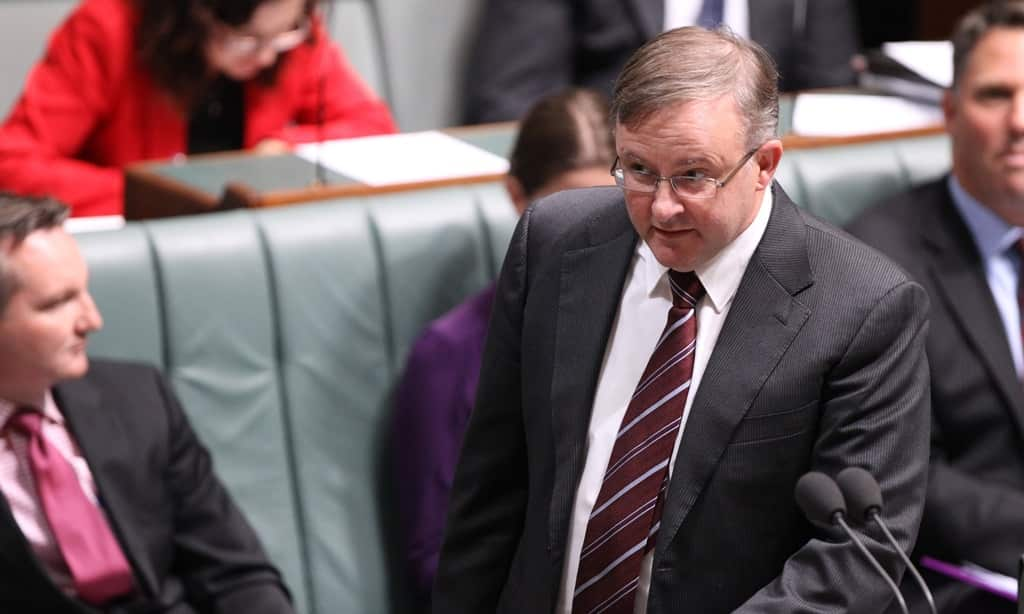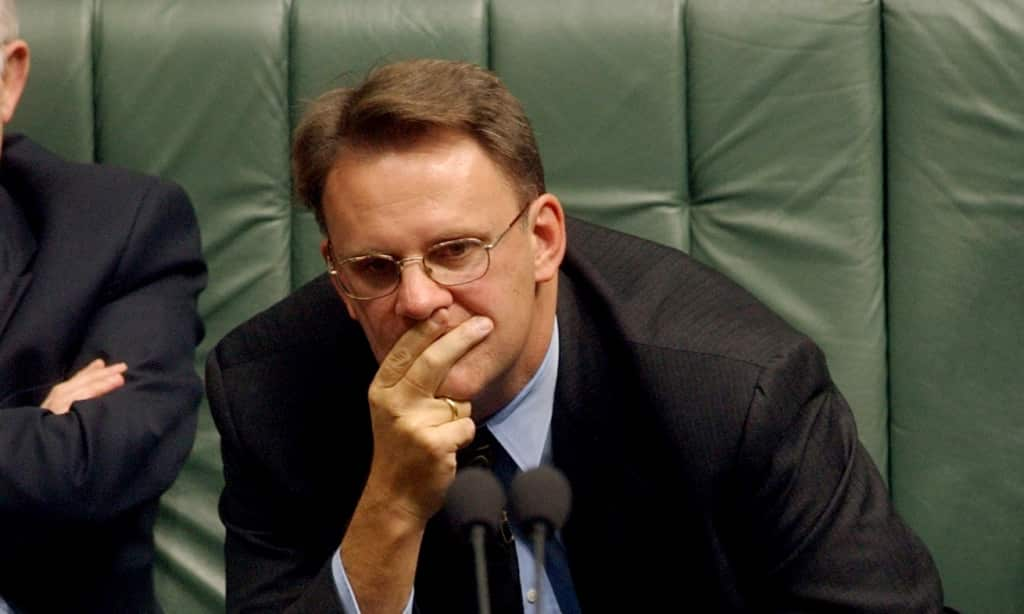I've been listening and reading about what’s happening in Parliament and barely a day goes by when I don’t remember this fantastic line delivered by Inigo Montoya in the movie The Princess Bride: “You keep using that word [inconceivable]. I do not think it means what you think it means.”
While our political leaders overuse words daily I think ‘mandate’ is my favourite.
There’s already been a couple of articles regarding mandates. One from Paula Matthewson with “What’s in a mandate?” and another by Bill Street with “Everyone has their mandate”. Consider this piece as a corollary using election data.
The Liberal Party certainly appears fond of the word mandate. A search of the party sitereveals many examples, such as:

“I expect that the Parliament will respect the mandate that the new government has.” The Hon. Tony Abbott MP

“We have a clear plan to fix the budget and return to surplus when possible. This is the mandate on which we were elected and are accountable to the Australian Parliament and people.” The Hon. Joe Hockey MP
There’s even a petition “To honour the Coalition’s mandate and support scrapping the carbon tax”.
Of course, the current government isn’t the first to make use of this word. Here are a few examples from Hansard:

“The Opposition does not comprehend that it actually lost the election, that this side of the House has a mandate and that part of our mandate is increasing our accountability to the parliament.” The Hon. Anthony Albanese MP

“Sometimes when governments are re-elected they use their mandate wisely. They stick to the script and they tend to concentrate on the commitments they actually gave to the Australian people.” The Hon. Mark Latham MP
Mandate is a word politicians use to convey to the masses a sense of democratic authority: the majority of people voted for this hence we have a mandate to deliver it. With that in mind does, the number of votes indicate a Government has a mandate?
The following table shows the total first preference votes. As there were 37 parties contesting the election I’ve grouped parties with less than 500,000 votes into “The Rest”.
| Party | Total Votes |
| Australian Labor Party | 4,311,365 |
| Liberal | 4,134,865 |
| Liberal National Party | 1,152,217 |
| The Greens | 1,116,918 |
| Palmer United Party | 709,035 |
| The Nationals | 554,268 |
| The Rest | 936,259 |
| Total | 12,914,927 |
The data shows 5.8 million people voted for the Coalition and the remainder, or 7.1 million people, voted for somebody else. However we know it isn’t the number of votes but the number of seats that determines who forms government. Of the 150 House of Representative seats contested in the 2013 election, 46 seats were won by the Coalition on first preferences. The magic number to form government is 76 and the Coalition secured an additional 44 seats through preference flows allowing it to form Government with 90 seats.
So the Government secured 45% of the total vote, or 46 of the 150 seats on first preferences. Now to compare this to the election of the Labor Government in 2007.
| Party | Total Votes |
| Australian Labor Party | 5,388,184 |
| Liberal | 4,506,302 |
| The Greens | 967,789 |
| The Nationals | 682,424 |
| The Rest | 875,293 |
| Total | 12,419,992 |
In 2007 the Labor Party won 5.4 million first preference votes, meaning 7 million people voted for somebody else. In terms of the 150 seats, Labor won 41 seats on first preferences, and a further 42 after preference flows, providing 83 seats allowing it to form government. The 2007 Labor Government secured 43% of first preference votes, or 41 of 150 seats seats on first preferences.
Note the similarities between 2007 and 2013 for the winning Government ratios:
- 2007 Labor (5.4m : 7m, 41 : 150) and
- 2013 Coalition (5.8m : 7.1m, 46 : 150)
Do ratios of less than 50% of the first preference votes, or less than a third of the seats on first preferences, convey a mandate to the elected Government? Governments claim this is the case and Oppositions affirm their right to oppose. Perhaps this was best articulated by Mr Tony Abbott who said upon winning leadership of the Liberal party and becoming opposition leader in 2009:
“As an Opposition our job is to hold the Government rigorously to account. Oppositions are not there to get legislation through. Oppositions are there to hold the Government to account, and unless we are confident a piece of legislation is beyond reasonable doubt in the national interest, it is our duty, as the Opposition, to vote it down.” The Hon. Tony Abbott MP
With all the above in mind, it is possible 7.1 million voters from the 2013 election agree with Mr Abbott’s sentiment that Oppositions are not there to get legislation through.

